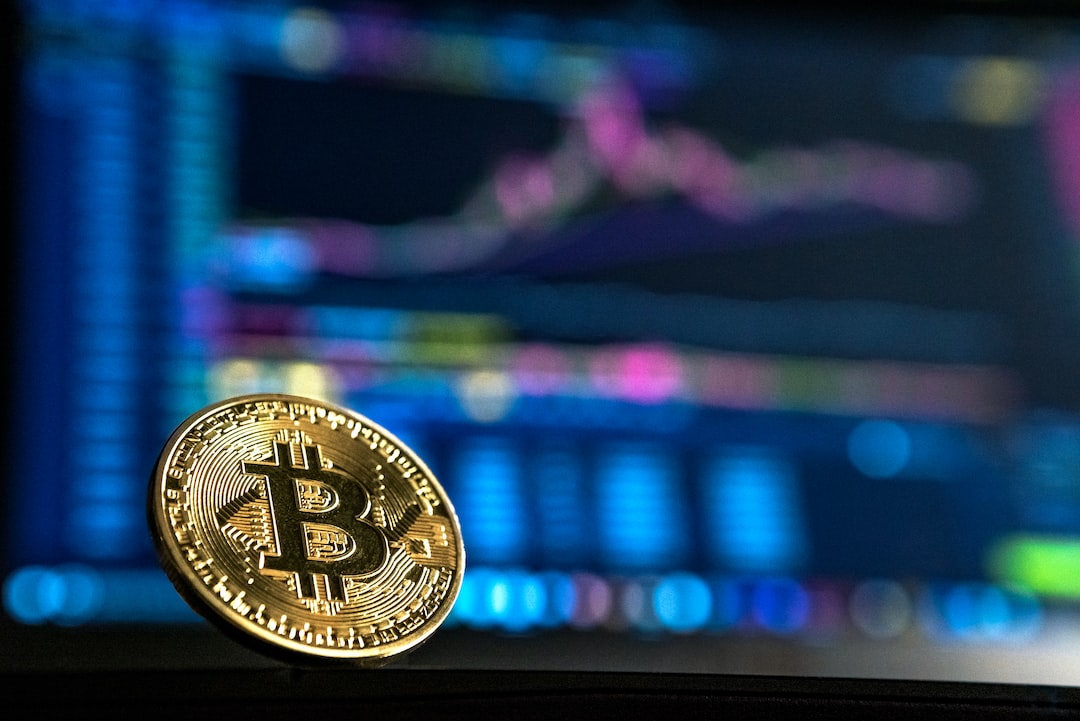**Biometrics and the Importance of Data Security**
Biometric data, such as fingerprints and iris scans, plays a crucial role in digital identification and security. As businesses enter the market to collect and utilize biometric data for various purposes, the risk of cybercriminals targeting this valuable information also increases. With the rapid growth of the digital identification market, it is estimated to reach nearly $70.7 billion in revenue by the end of 2027.
However, data breaches and identity theft incidents are on the rise, making it essential to enhance data security measures. Even well-protected biometric data can be exposed to risks due to system vulnerabilities, as seen in the case of Worldcoin. Hackers were able to bypass verification processes and gain access to biometric data captured by scanning devices.
Additionally, advancements in artificial intelligence have given rise to deepfakes, highly realistic images that can be used for impersonation and accessing sensitive information. This poses a significant challenge for the digital identity industry.
While AI can be used maliciously, it also has the potential to improve biometric systems’ accuracy and usability. Organizations should prioritize clear policies when using biometrics and implement customized fraud detection schemes that rely on AI.
As attention turns to biometric data collection with projects like Worldcoin and Elon Musk’s X, concerns about personal data privacy and potential misuse arise. Critics argue that centralized entities collecting massive amounts of biometric data may have private interests in its disposal.
In conclusion, while biometrics offer advanced security for digital identification, ensuring data safety is paramount. Organizations must take proactive measures to manage risks associated with biometric data collection and implement robust security protocols to protect users’ sensitive information.
**Hot Take: The Importance of Protecting Biometric Data**
Biometric data has become a valuable asset in the digital age, enabling advanced security measures for digital identification. However, as businesses collect and utilize this data, it is crucial to prioritize data security to prevent cybercriminals from exploiting vulnerabilities.
With the growing digital identification market, data breaches and identity theft incidents are on the rise. Even well-protected biometric data can be exposed to risks, as seen in the recent case of Worldcoin. Additionally, the emergence of deepfakes poses a significant challenge, as AI-generated realistic images can be used for impersonation and accessing sensitive information.
While AI can contribute to both malicious activities and improving biometric systems, organizations must implement clear policies and customized fraud detection schemes. It is essential to manage the risks associated with biometric data collection and prioritize user privacy.
As projects like Worldcoin and Elon Musk’s X bring attention to biometric data collection, concerns about personal data privacy and potential misuse arise. Critics argue that centralized entities collecting large amounts of biometric data may have private interests in its disposal.
Overall, protecting biometric data is crucial for maintaining user trust and ensuring the security of digital identification systems. Organizations must take proactive measures to enhance data security and prevent unauthorized access to sensitive information.





 By
By
 By
By
 By
By

 By
By